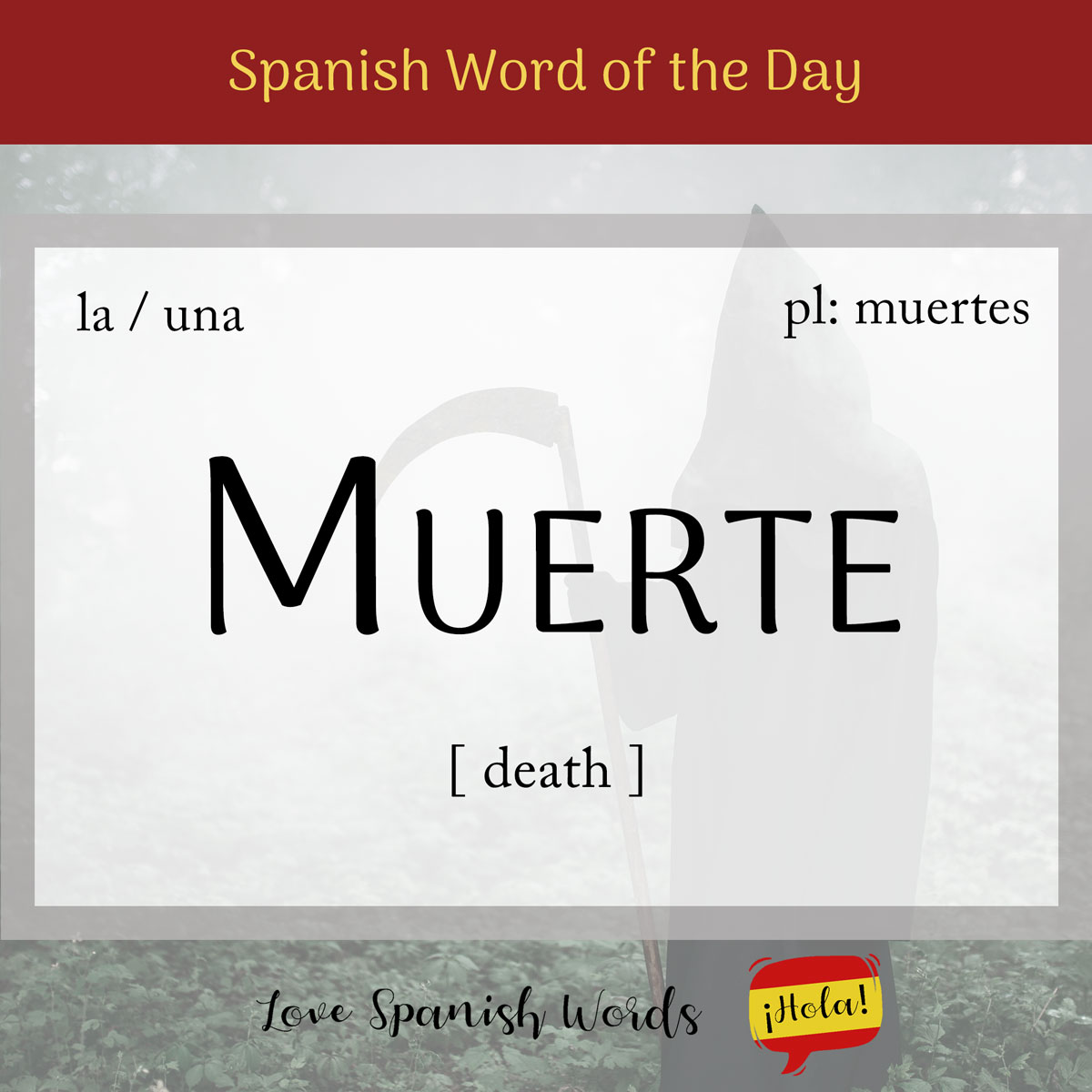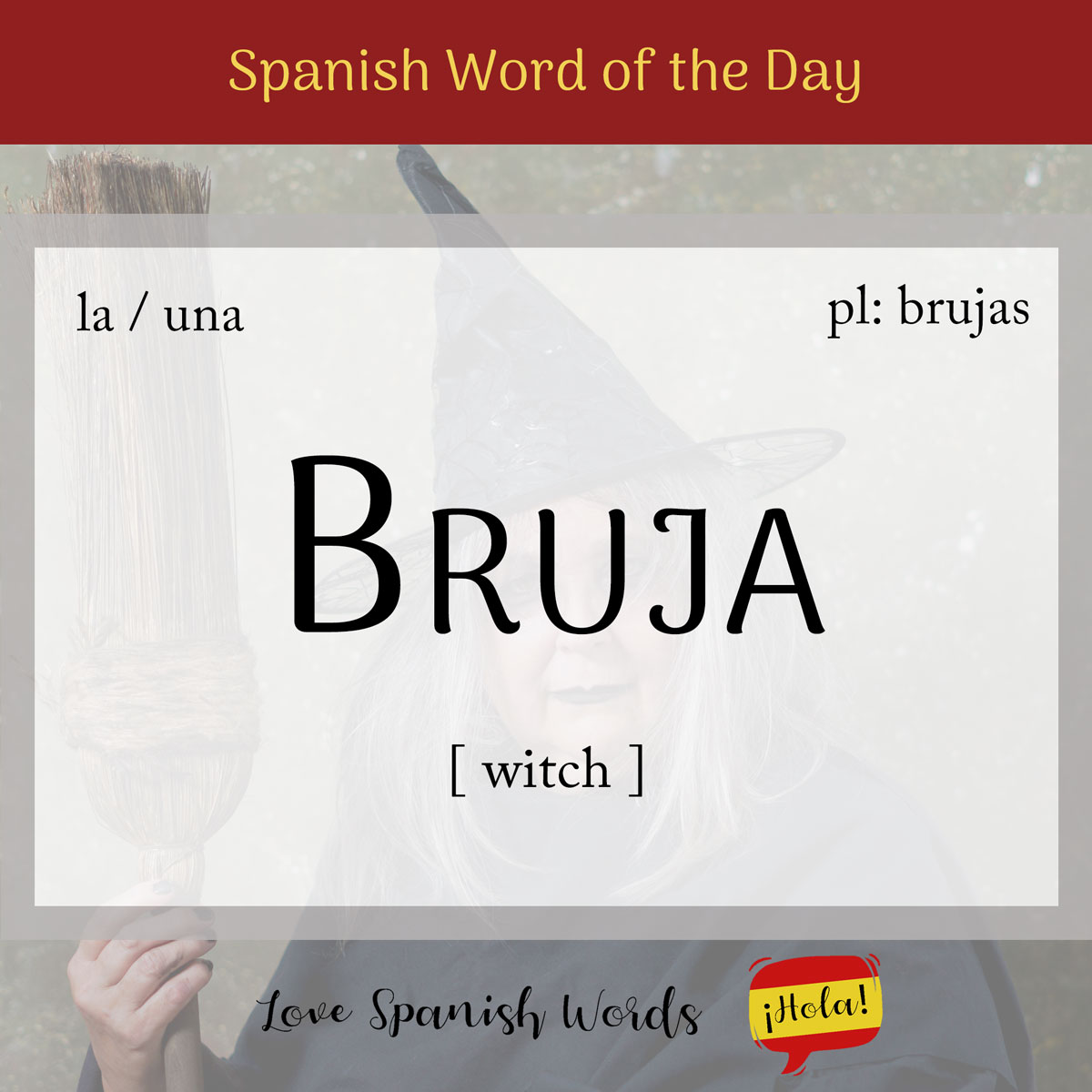Spanish Word of the Day: Cerdo (pig)
The word cerdo, meaning pig in English, comes from the Latin word cervus. It referred to a stag or deer, but in the transition to Vulgar Latin and eventually into Spanish, it came to refer to the domesticated pig. The itself word also evolved and became cerdo with time. Latin American Pronunciation European Pronunciation Cerdo …






